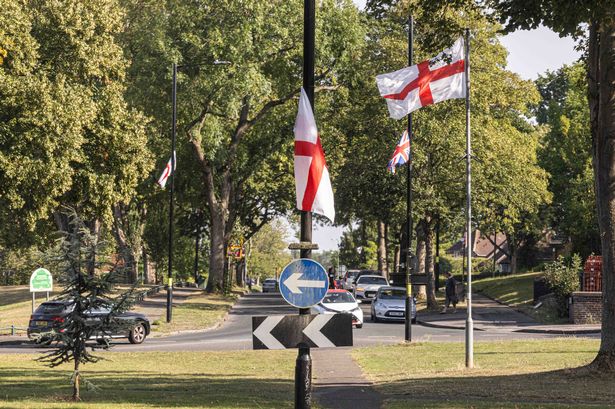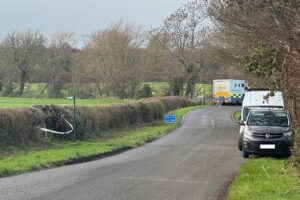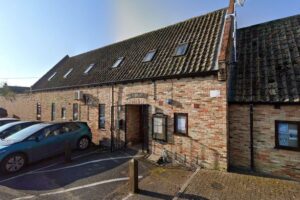
Birmingham City Council says any flags taken down as part of street lighting improvements is ‘on safety grounds’
England And Union Flags Hung From Lampposts In Weoley Castle
Birmingham City Council has issued a safety plea to people putting up national flags and other ‘unauthorised attachments’ on lamp-posts across the city, claiming they are risking the safety of themselves, pedestrians and motorists.
The council issued a press statement in light of the appearance of scores of England and Union flags in neighbourhoods across the city, particularly in and around Weoley Castle and Northfield.
Many of the flags are attached to lamp-posts and other highways infrastructure in what those responsible have described as a patriotic move.
READ MORE: Road death families demand action to end road carnage
The sudden appearance of the flags has sparked a passionate debate.
Many residents have expressed support, putting up their own flags, asking for their streets to be next, or donating to a gofundme appeal to purchase more.
But the activity has also stirred concern and suspicion amid claims those responsible are politically motivated and are seeking to stir up division between white British residents and other communities in the area.
Flags of other nations, many representing Palestine, are already prominently displayed in parts of the city.
One of those responsible for putting up the Union and England flags said today they had stepped up because they have ‘had enough’. “This country is a disgrace and has no backbone,” they said.
“This isn’t racism, it’s frustration at being pushed into a corner and silenced.”
But one resident said the flags going up was not an act of pride but division. “We are such a diverse proud community – it’s a shame that a small minority are trying to cause a division.”
St George’s and Union Jack flags tied to lamp posts around Weoley Castle.(Image: Nick Wilkinson/Birmingham Live)
The city council, asked to respond, issued a statement about its ongoing work to upgrade street lighting in the city.
Headlined ‘Improving street lighting to reduce energy use’ the statement said the council was currently embarked on a programme to improve street lighting by upgrading streetlights to energy-efficient LEDs. “This will reduce energy use and carbon emissions, and lower maintenance costs.”
The council says that in order to begin this work ‘imminently’ and ensure the work can be done quickly and safely it must first ensure lamp columns ‘remain free from attachments’.
It said it had removed ‘around 200 advertising banners and flags that had been attached to lampposts since the start of this year’ and would continue to do so as part of its ‘routine work’.
“We continue to do this every week and would ask that staff doing this work are allowed to continue this work unhindered.”
They then go on: “People who attach unauthorised items to lampposts could be putting their lives and those of motorists and pedestrians at risk. Placing unauthorised attachments on street furniture, particularly tall structures like lampposts, can be dangerous.”
They said when ‘assets’ are put up on lampposts and other street furniture for formal events and celebrations it first ‘stress tested’ to check they were suitable. Otherwise the risks involved included:
Falling debris: if a lamppost or its attachments fail, debris can fall on people or vehicles below, causing injuries or accidents.Electrical hazards: In some cases, lampposts may have electrical components, and attaching items could potentially interfere with these, creating electrical hazards.Obscured visibility: Flags attached to lampposts can obstruct visibility for drivers or pedestrians, increasing the risk of accidents.Weakening of the lamppost: Lampposts are engineered for their specific purpose, and adding extra weight or stress from flags and attachments can cause them to weaken over time, potentially leading to collapse.
The Government guidance on flying flags states: ‘Flags are a very British way of expressing joy and pride – they are emotive symbols which can boost local and national identities, strengthen community cohesion and mark civic pride.
‘The government wants to see more flags flown, particularly the Union Flag, the flag of the United Kingdom. It is a symbol of national unity and pride.’
But guidance also states that flags can only go up under strict conditions, including ‘with the permission of the owner of the site on which they are displayed (this includes the Highway Authority)’.





